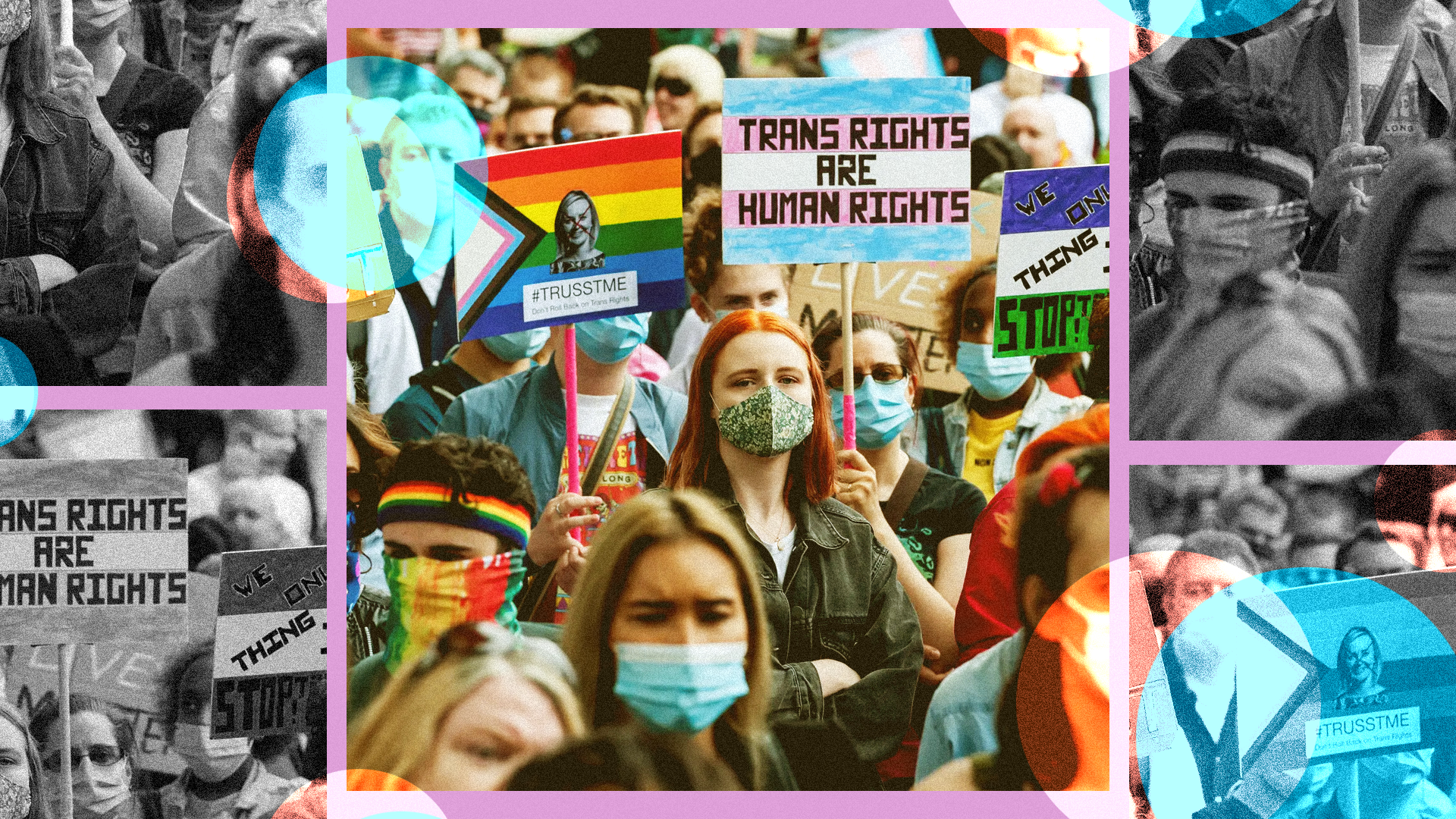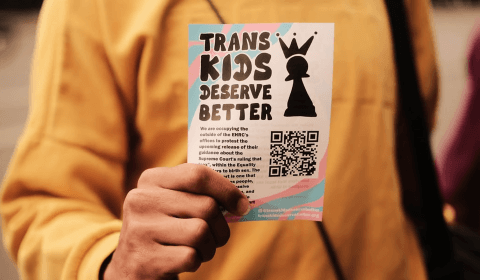New guidelines are being drafted in the US that touch on the current debate within the medical community: how accessible should gender-affirming care be for transgender teens? These recent recommendations may seem more prudent, but hold very real dangers.
Last spring, Arkansas enacted the first law in the United States to ban transgender youth from receiving proper care while still under the age of 18.
The law made the two main procedures administered to underage trans people illegal, namely, gender-affirming hormone therapy and puberty blockers.
Over the past year alone, over 20 laws were put forward in state legislatures attempting to restrict care for trans teens. Within this hostile context, the World Professionals Association for Transgender Health (WPATH) seeks to publish their new recommendations for transgender care standards this spring.
The draft of this document, which will serve as guidance for healthcare providers, was available to the public and open to comments until last week.
Some of the proposed recommendations were received with widespread appraisal, such as the removal of a longstanding requirement that adult patients receive psychiatric assessment before any gender-affirming procedures may take place.
Debate among professionals, however, concerns one measure in the draft. This recommendation makes it necessary for underage transgender people to receive psychiatric assessment prior to requesting a specific procedure.
It also requires that a transgender person must have been questioning their gender identity for ‘several years’ in order to access care in the form of hormones or surgeries.
The argument made for a minimum waiting period before receiving hormonal therapy or surgery rests on the notion that more transgender people are seeking medical care now than in the past.
An increase that some doctors believe is linked to peer influence on social media sites, such as TikTok.
While LGBTQ+ communities on social media have larger followings now than ever before, the notion that people would undergo consequential medical procedures because of ‘internet trends’ is laughable.




















